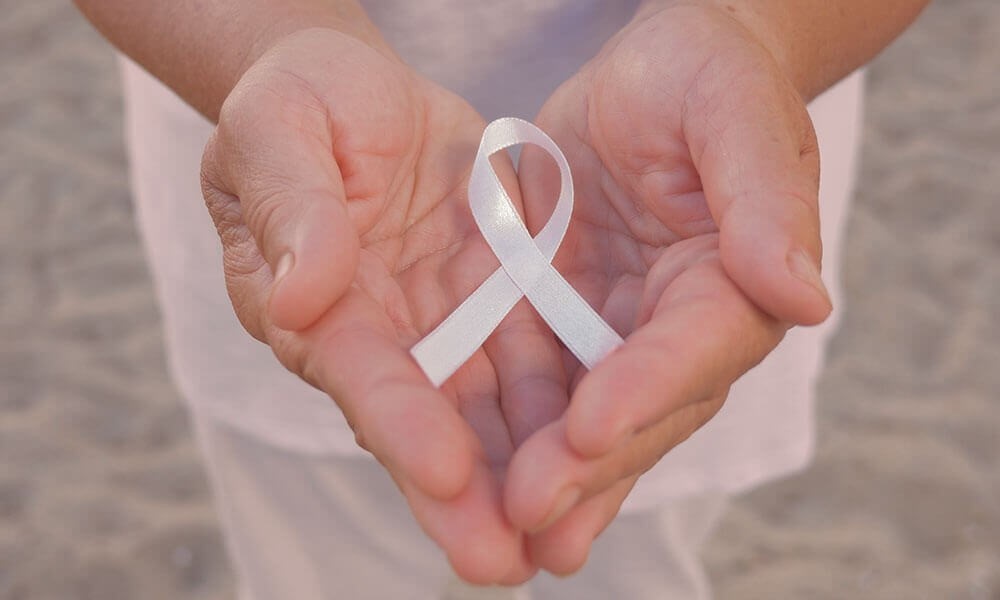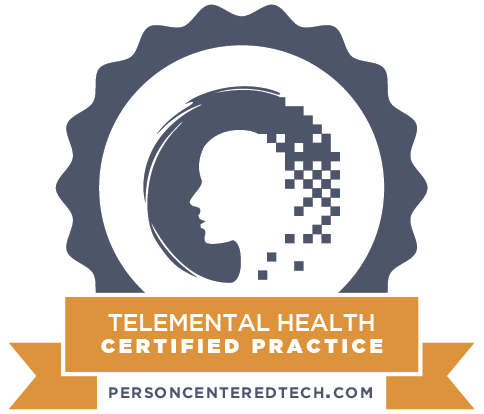8 Tips to Manage Stress Following a Trauma or Natural disaster
Sometimes when challenging things happen, there is something explicit you can do to alleviate the problem. You get a nail in your tire? Patch it. There is a miscommunication with your spouse? Talk it out. You do poorly on a test? Study harder next time. You feel lonely? Initiate with a friend.
Other times, there is less that can practically be done to change the situation. The death of a loved one, the loss of a job, being abused, a hard break up, financial strain, a natural disaster.
In these situations, your natural instinct may be to do something that is not helpful at all, something that may actually exacerbate the problem. You may isolate, turn to alcohol or drugs, spend beyond your means, cut yourself, etc. The good news is, there are other ways to cope. These ways of coping are not magical and will not make all your problems go away. What they will do, however, is help you get through the distressing time as gracefully as possible. They may help you hold yourself together and get the support you need so that your response to the problem doesn’t create even more problems for you.
In light of the myriad of natural disasters recently and the looming threat of attack on our country, here are eight tips that can help you manage your distress:
http://www.apa.org/helpcenter/hurricane-stress.aspx
Arizona Study: Traumatic Brain Injury May Suppress Immune System, Increase Pain Sensitivity
By Andrew Bernier. Contributed by Cristine Toel, MA, LAC, Staff Therapist
Those who have had a traumatic brain injury (TBI) often live with pain and sickness in other parts of the body. Now, Arizona research has connected how a single TBI may suppress a person’s whole immune system and give them pain long after their injury.
Following TBI, researchers found more inflammation-promoting molecules, which increase pain sensitivity while the body suppressed the activity of T-cells, which control immune system response. This correlation fits with TBI patients reporting increased neuropathic pain caused by damage or disease to the nervous system.
Primary experiments on mice were done by Rachel Rowe of Phoenix Children’s Hospital, along with University of Arizona College of Medicine – Phoenix and the University of Kentucky.
“With these mice, we’re pricking them in the foot with really fine filament,” said Rowe. “And so, you start off and it doesn’t cause pain and then after the brain injury, the same exact prick causes pain. So it would be, in a human, they have a brain injury and they normally sit at their desk all day and it’s not painful, but now, they have back pain.”
Rowe said the researchers want to learn how long it takes the body to regain T-cells after TBI and if injecting more can help jump-start immune system response.
To see the entire article, click here http://science.kjzz.org/content/307380/arizona-study-traumatic-brain-injury-may-suppress-immune-system-increase-pain
Our diverse and highly trained group of therapists can treat a wide range of conditions. If you have questions concerning this article or would like to speak to Cristine Toel, feel free to call 480-947-5739.

 (480) 947-5739
(480) 947-5739 info@pcsintensive.com
info@pcsintensive.com










